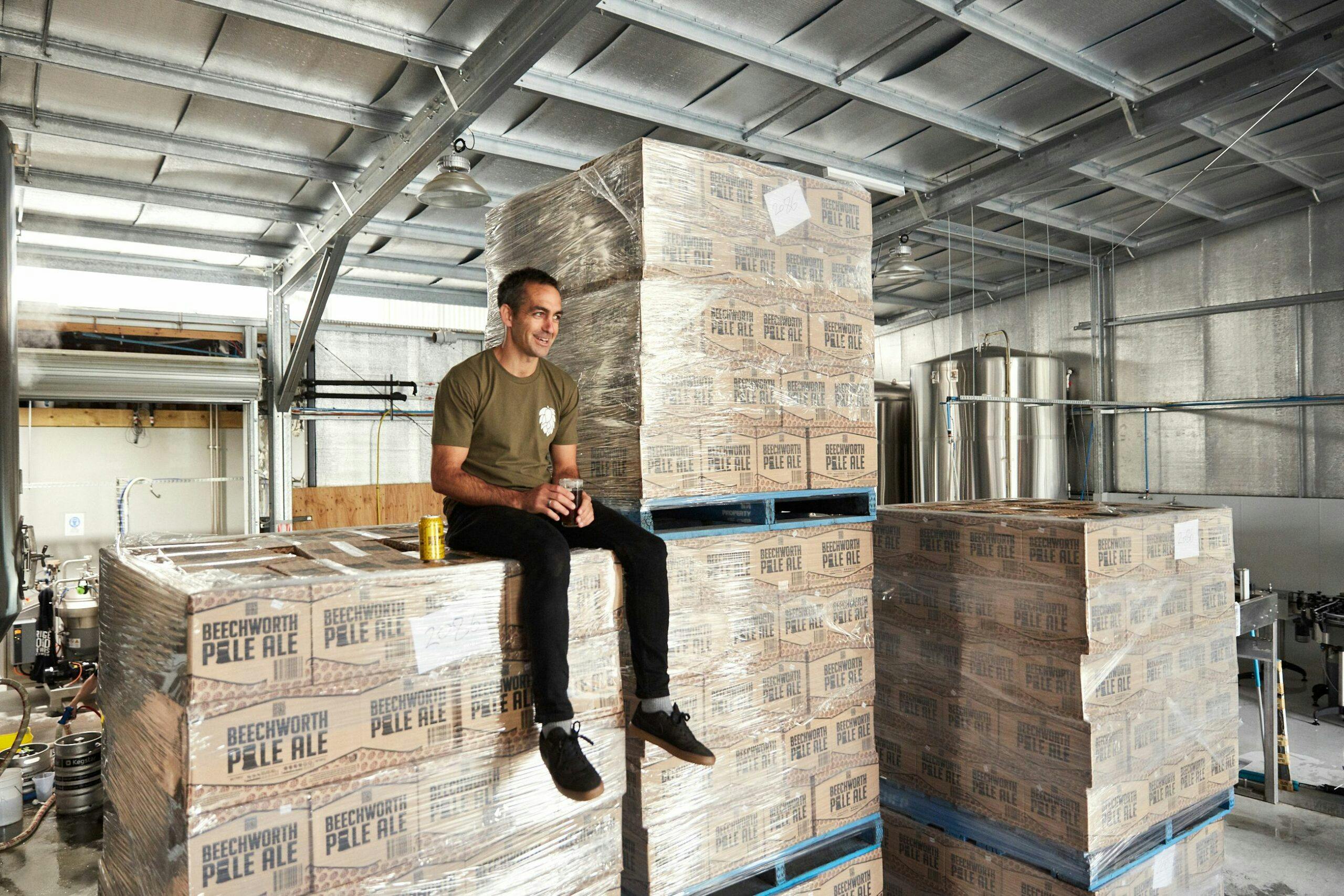In 2021, the Australian Federal Government enacted draft legislation to make sweeping changes to regulatory and tax arrangements for employee share schemes (ESS).
But what is an ESS, and how can they help businesses?
As Australia faces a post-pandemic labour crisis, ESSs might offer employers an innovative opportunity to entice and retain great staff.
How ESS work and how they can help SMEs
ESSs, which are also known as employee share purchase plans or employee equity schemes, offer employees the opportunity to invest in the company they work for.
ESS ownership models were once thought of as something offered by progressive tech start-ups in Silicon Valley and emerging industries.
Now ESSs are becoming increasingly prevalent worldwide as small businesses look for new ways to incentivise their employees and build culture at their companies.
By participating in an employee share scheme, the value of an employee’s shares is tied directly to the performance of the company they work for. In this way, businesses can build a sense of ownership and awareness of the business’s financial performance and how individual employees can make an impact.
ESS models offer small businesses the chance to build value in their teams and companies simultaneously.
Lessons from Bridge Road Brewery
Beechworth-based craft brewery Bridge Road recently launched its very own ESS.
Ben Kraus, Bridge Road co-founder, said that the decision to implement an ESS ownership model came about to create and foster a great culture.
He said, “The Employee Share Scheme really came out of a culture drive within the business. We started with just myself and Maria and grew slowly to be where we are now. Along the way, we had to formalise the structure in terms of management lines and who is reporting to who.
“We had a culture we just hadn’t defined it yet, so we took some time to do that, protect it, document, and review it so we can change it when we need it.
“So the scheme has really come out of our company culture, making sure our employees are engaged and empowered.”
Choosing the right scheme
Bridge Road’s decision offers an important lesson for small businesses adopting an ESS ownership model.
Mr Kraus explains that employee ownership schemes can come in many different shapes and sizes, and deciding on a structure was where most of the preparation work was focused.
He said, “Because the share scheme can be designed in any way we see fit, that leaves it really open, so there are lots of considerations and things you can’t account for. We had to spend a lot of time thinking if we do this, what happens?
“We spent a lot of time working out how we model it, so a significant chunk of the business can be given immediately, and allow employees to gain access to greater share and allow more employees to join and grow that over time.”
Many small businesses have been experimenting with different ownership models in recent years.
Bridge Road took inspiration from other breweries, including Stone & Wood, and several in the US when considering a new ownership model.
Mr Kraus said, “I did have a talk with Jamie (Cook, co-founder of Stone & Wood) a few years ago to see how their model worked, but theirs was very different.
“We were trying to look at other examples out there, but we ended up with our own model, really, and there’s flexibility in there to change it.
“And that’s because it’s like when you first make a beer, you wouldn’t be being honest if you said you got it 100 per cent right the first time; there’s room to adjust and mould it.”
ESS help create meaning in work
In a post-pandemic world, the value employees place on their time and work has changed. More than ever, employees are looking for meaning in their work and loyalty from their employer.
Mr Kraus said, “I’m doing this because I value it and my staff and I want them to value it and have ownership.
“If the valuation of business (based around metrics like profitability in Bridge Road’s case) goes up, then their share value goes up, which our staff deserve.”
He continued: “It’s also about empowering employees, so they know that what decisions they make on the floor could impact the bottom line.
“The thing I’d want them to realise is that they are now owners. Our sales guys can go out on a sales call and say I’m one of the owners of Bridge Road Brewers. I want people to feel that.”
More information about ESS scheme can be found here
Read more: Let’s Talk: Top tax tips to consider post COVID-19
Read more:New reforms to Employee Share Scheme may aid the Aussie startup ecosystem

